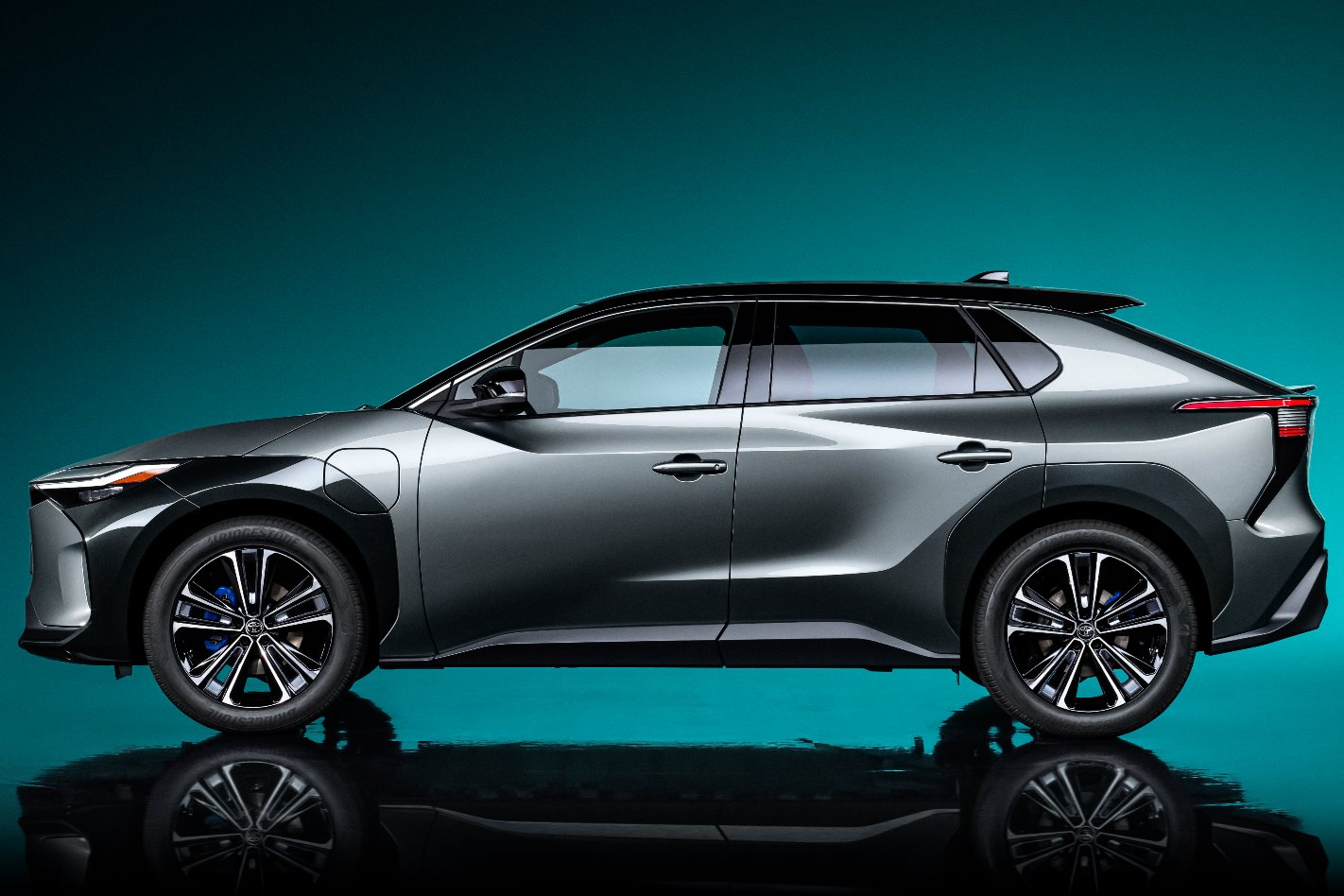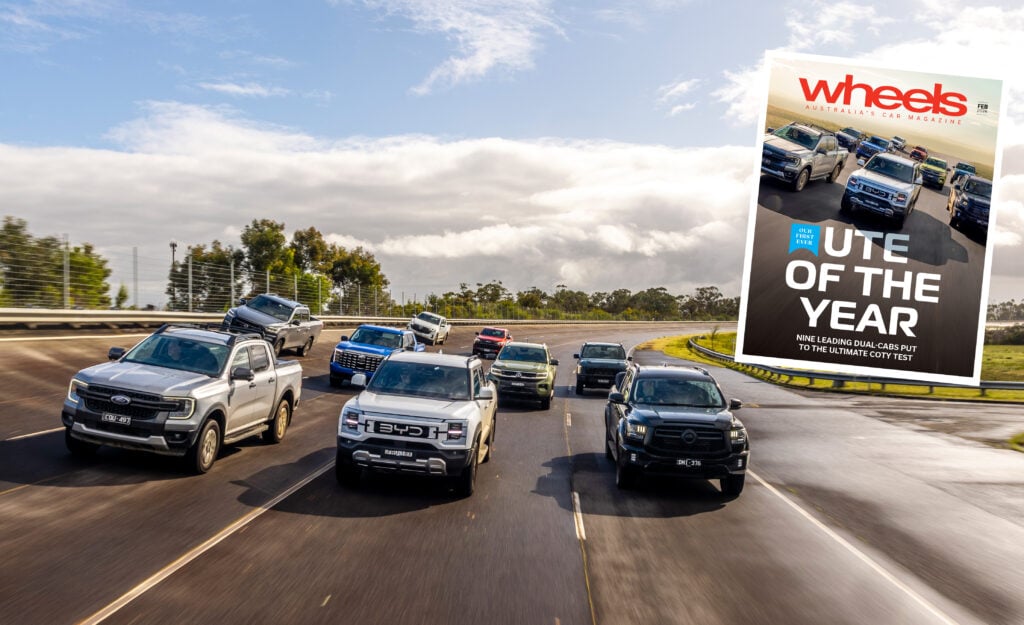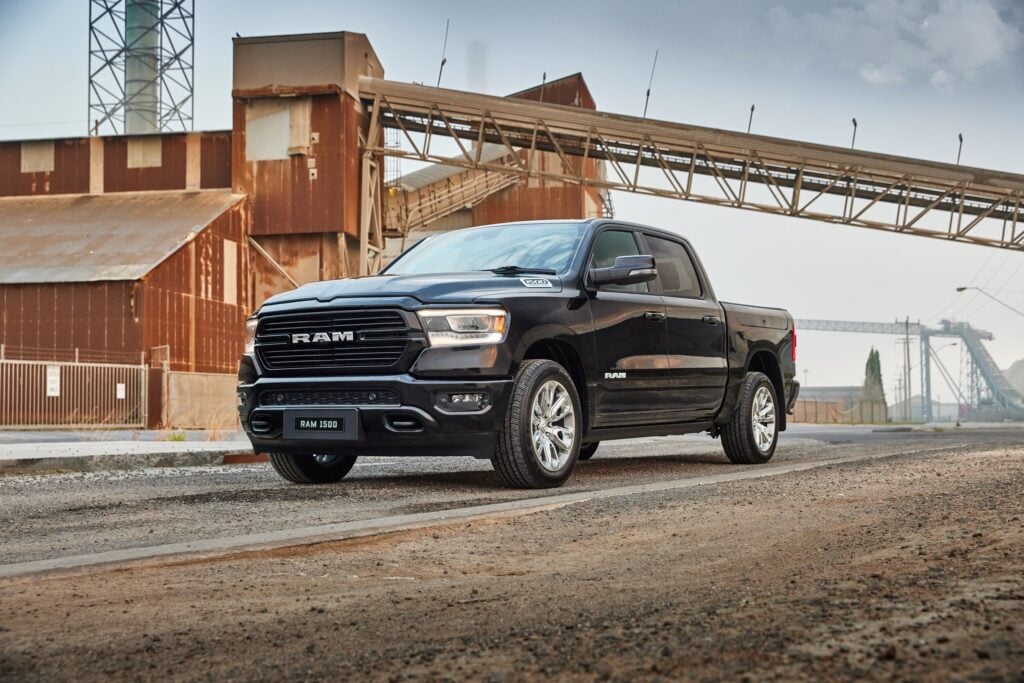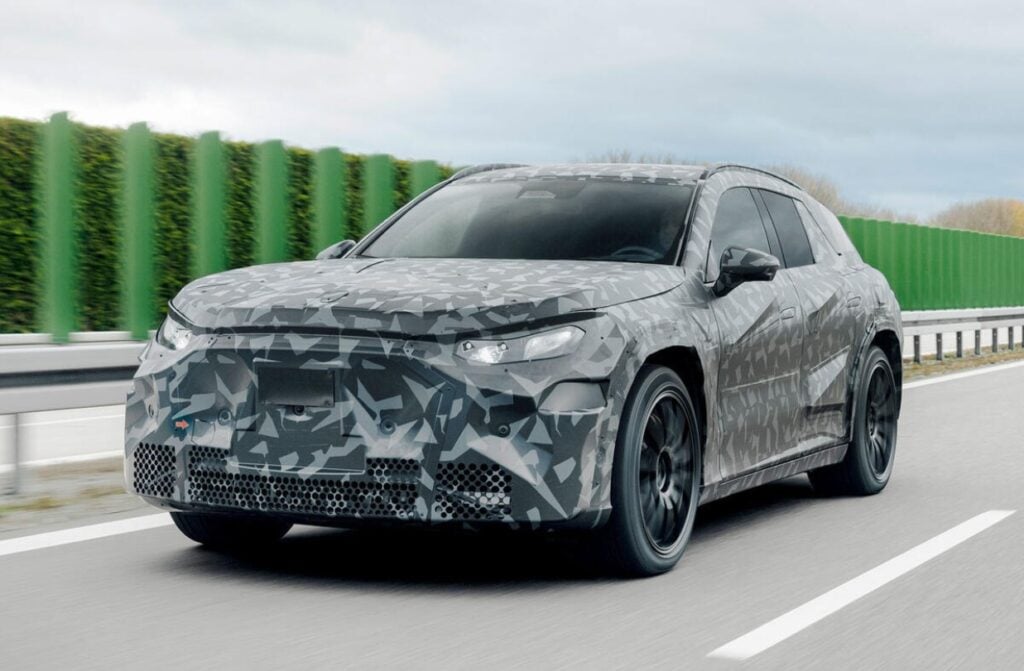Snapshot
- Toyota defends the hybrid powertrain
- Not opposed to BEVs, but not the only solution
- A diverse approach needed, says Toyota
Toyota has been the subject of debate in the automotive industry recently, with the EV Council, Greenpeace and others calling out the brand’s lack of participation in the push to lower transport emissions.
But the firm’s Vice President of sales, marketing and franchising, Sean Hanley, is adamant Toyota isn’t against the transition to BEVs, citing the introduction of all electric BZ4x next year – expected around a similar time as Volkswagen Australia’s first EV, the ID.4.
Hanley did, however, assert that a forced and single-minded transition to EVs would leave some buyers behind. “If you want to take everyone on a journey, where you’re reducing the footprint, you’ve got to have options,” he said.
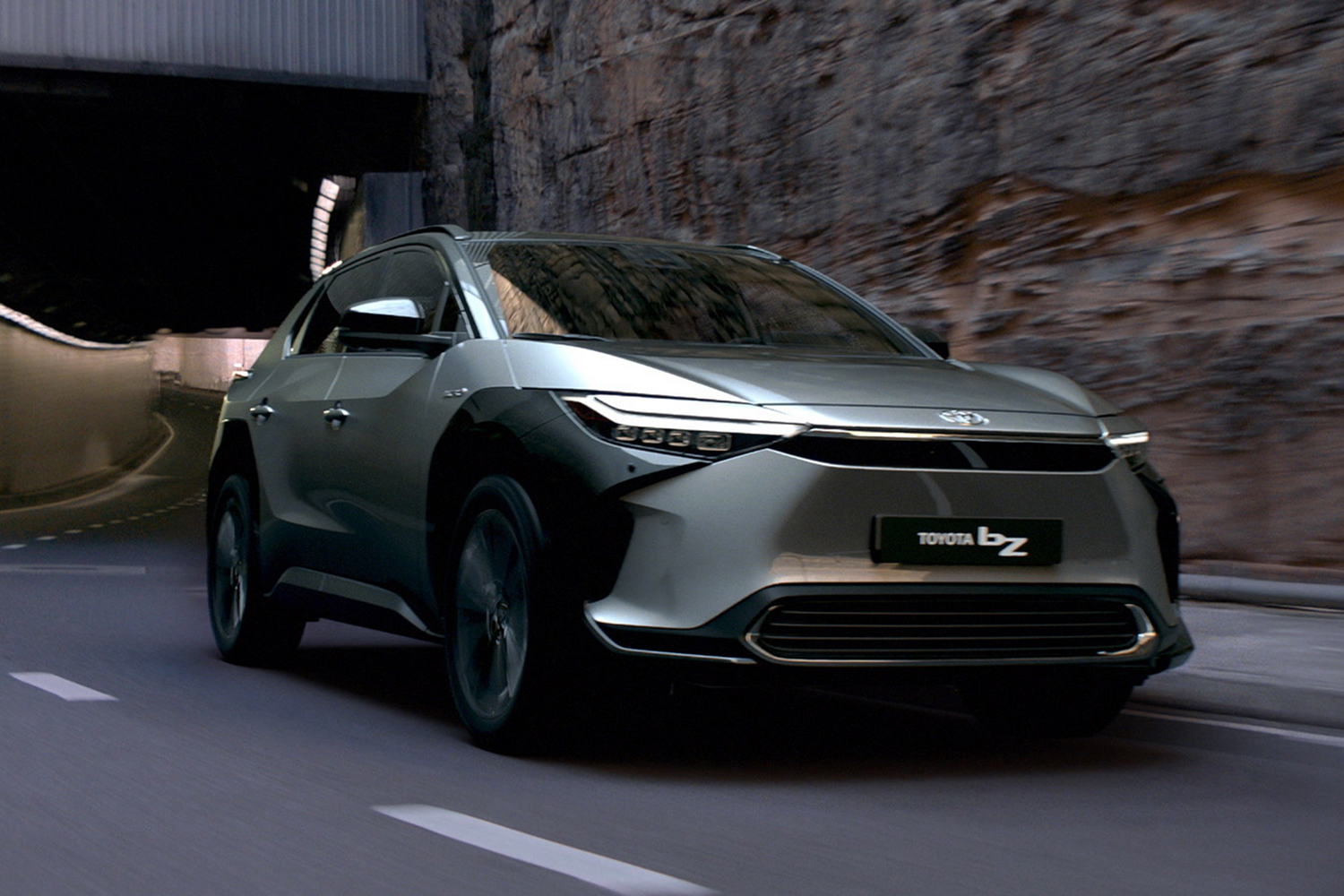
Toyota sees BEVs as the answer, but not the only one
In a supply constricted new-car market, the chip shortage has been quickly been put to blame for long lead times. But there’s also restrictions on raw materials – particularly those needed to make batteries, as Hanley put it.
“Precious metals for making batteries are in desperately short supply right now. So this whole notion that BEVs are going to be flying out of factories, and that’s the only solution, well I’d challenge that in so far as: Where are you going to get the metals to make all these batteries over the next five years?
“So that’s why diversity of technology, diversity of powertrains is deeply important to us. It’s not that we’re opposed to BEVs. We’re not. In fact we’re going to launch one in the second half of next year”, Hanley said.
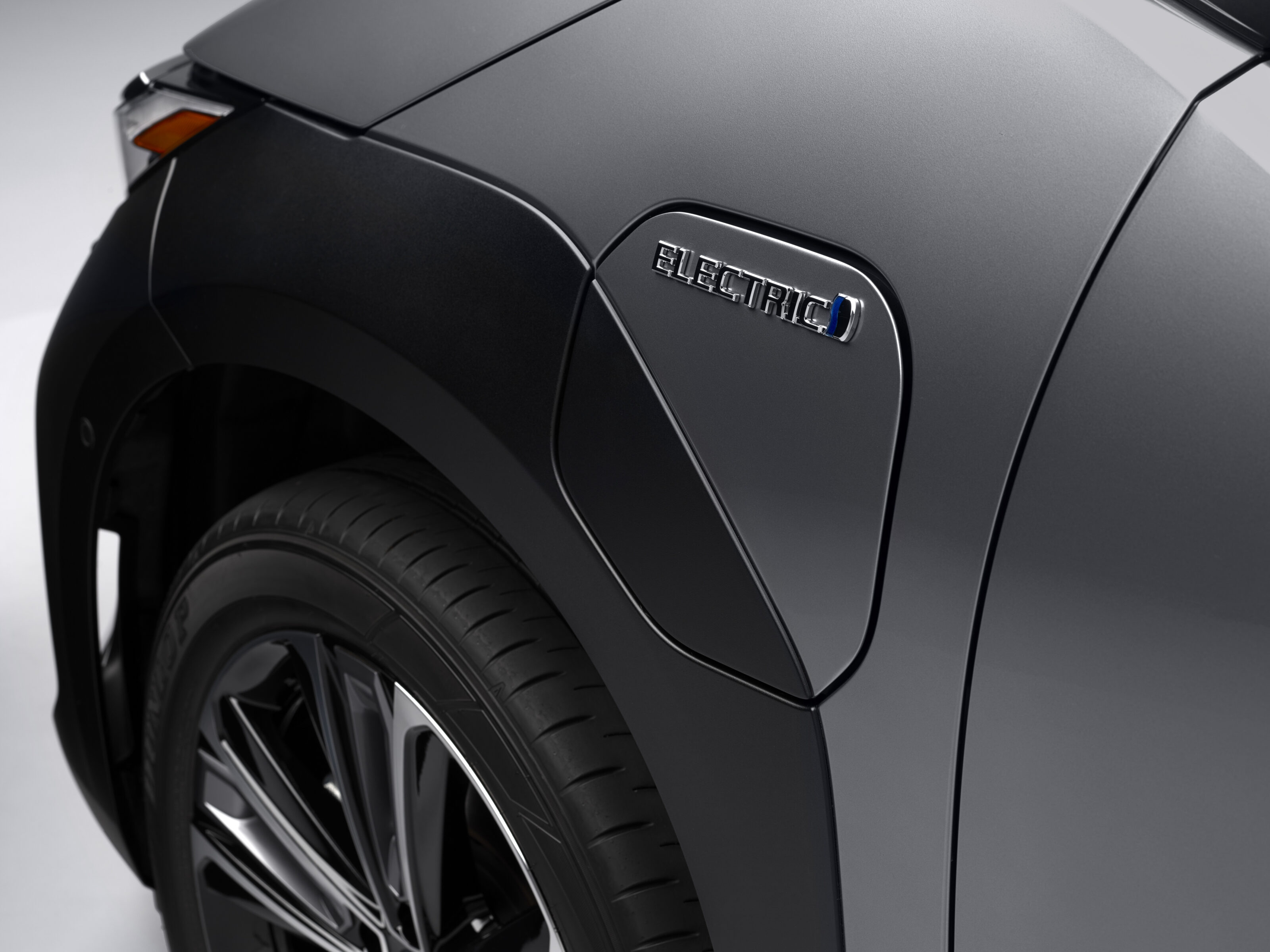
Why does Toyota think the hybrid model works right now?
Self-charging and plug-in hybrid vehicles are still guilty of tailpipe emissions. The 2023 Toyota Corolla Cross hybrid emits 97g CO2/km, only just below the Federal Chamber of Automotive Industries’ (FCAI) proposed 2030 mandate, but 29 per cent less than the petrol only car’s claim (136 CO2/km).Wheels asked Hanley why he thought hybrids have been so successful with Australian new-car buyers. Apart from their availability, he added: “I believe that the hybrid powertrain is a practical, affordable alternative right now.
“That doesn’t mean [hybrid] will be the only type of technology, it certainly won’t be, we’re seeing that expansion now of electrification. But, of course, the thing about hybrid technology is, it’s practical, it’s affordable, there’s no infrastructure required to support it that we don’t have… and there’s no anxiety attached to it. It’s technology that we are used to.”
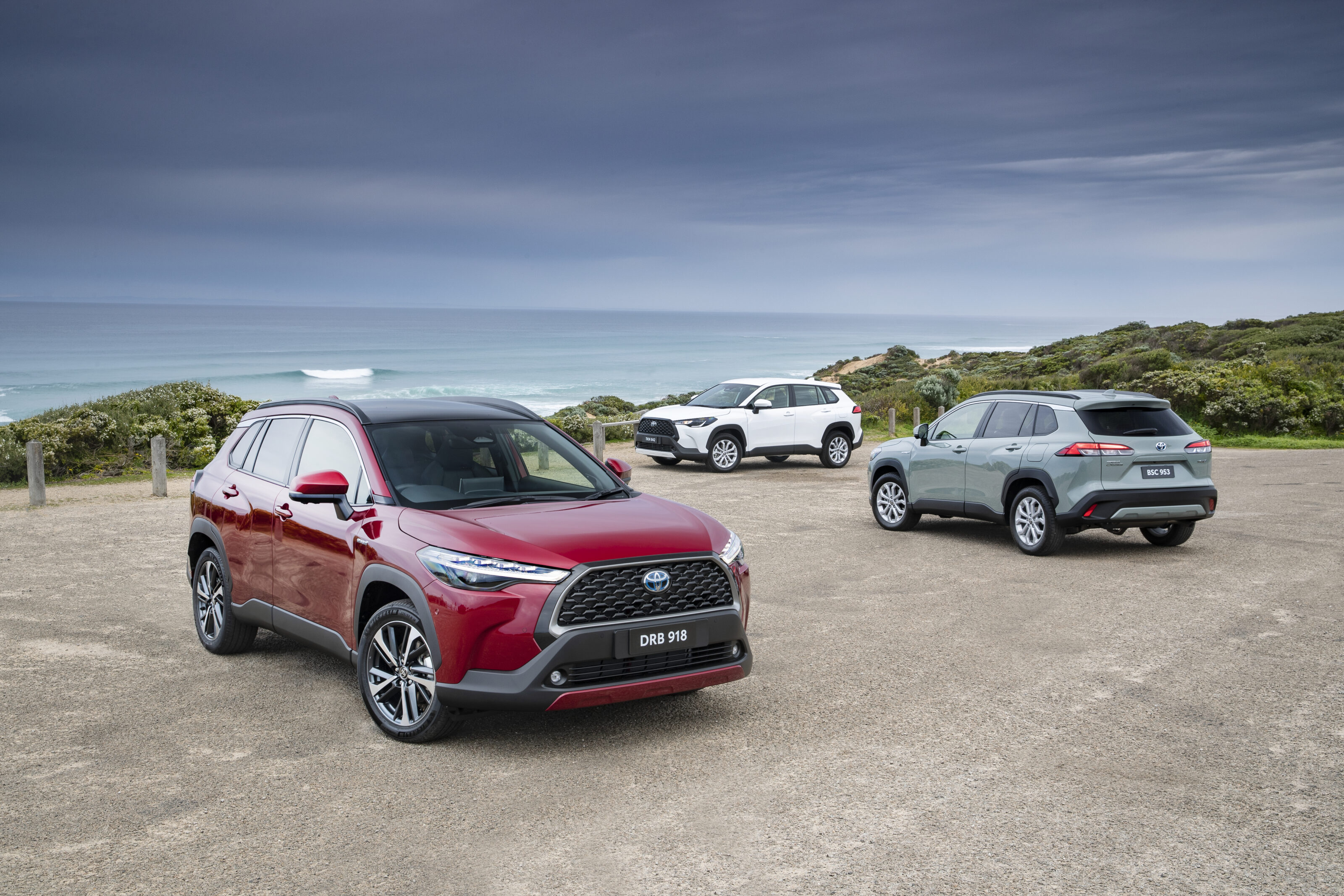
Hanley said that Toyota will electrify all of its product lines – save for GR performance – by 2023, including plug-in hybrids (PHEVs). The brand currently sells the plug-in RAV4 Prime overseas, but has announced no Australian plans.
“In the market we operate in, we believe, right now, that the solution is a diversity of product. In other words, we’ll have a battery-electric (BEV) for some customers, hydrogen fuel-cell electric vehicle (FCEV), and PHEVs. By 2030, every Toyota in our range – apart from GR Performance range – will have electrification.”
So far in 2022, Australians have bought 63,899 self-charging and plug-in hybrid vehicles compared to 21,771 EVs. Battery EVs increased their YTD sales a staggering 510 per cent over 2021, where hybrid sales grew 7.3 per cent.
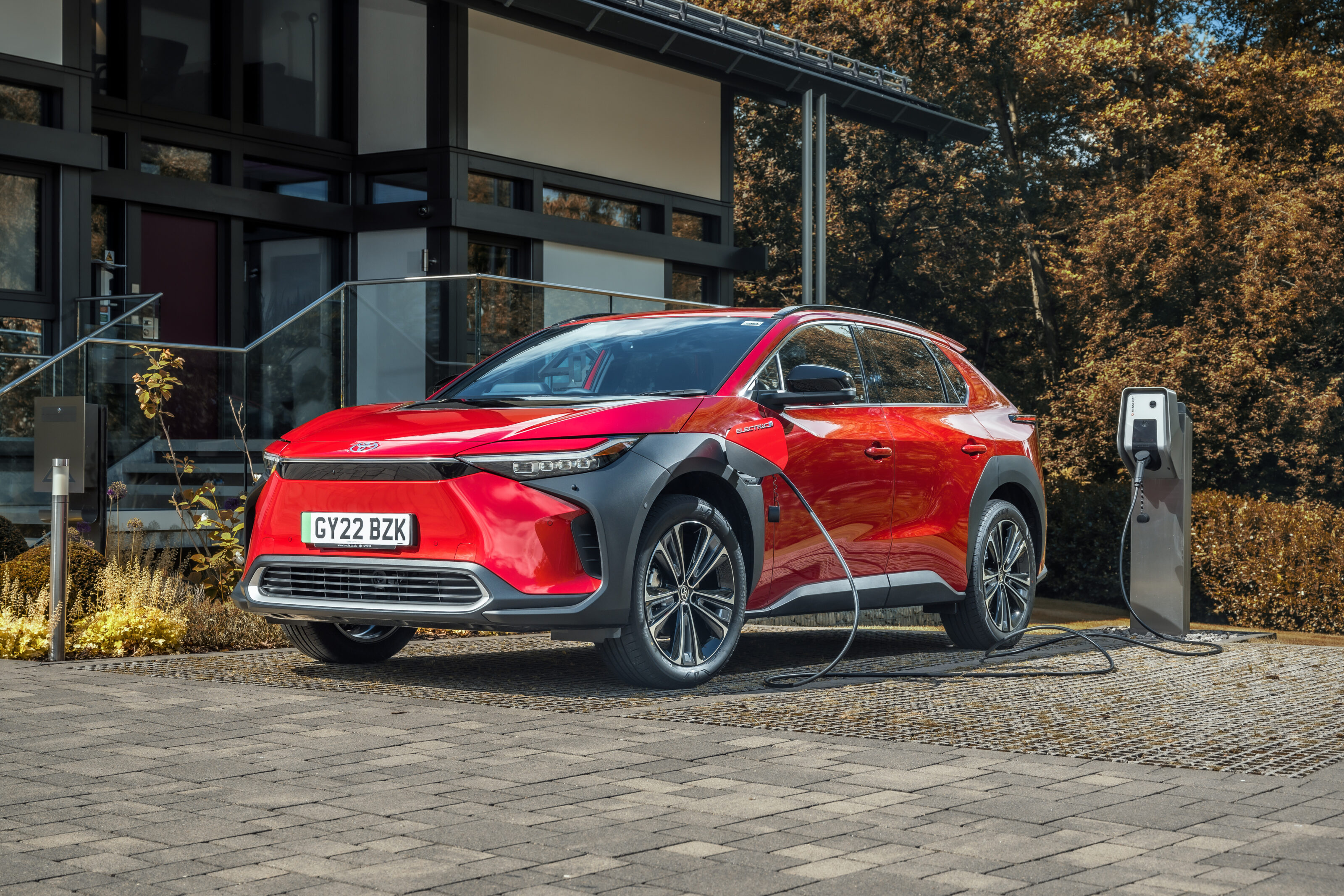
Hybrids are all well and good, but what about those polluting diesels?
While Toyota Australia sells some of the most efficient SUVS and passenger cars such as hybrid RAV4s and Corollas in large volumes, it also caters to the rather polluting ute market, its HiLux light commercial vehicle being Australia’s best-selling car.
For example, a diesel 4X4 HiLux produces 207g CO2/km, more than twice a hybrid Corolla. A LandCruiser 79 Series produces a whopping 281g CO2/km. Combined, Toyota customers have bought 45,649 of these vehicles this year (excluding HiLux 4X2).
We asked Hanley how Toyota will strike a balance, and he replied: “From our perspective, we’ve got to come up with a solution that allows those vehicles to do the things they’re designed to do, but reduce your carbon footprint, and eventually get it to zero.

“And that’s why we’re saying, to convert to BEV tomorrow – which is exaggerated – or even five to 10 years is not a practical solution.”
Toyota is in the process of trialling a pair of LandCruiser 70 Series converted with BEV powertrains as mining fleet vehicles for BHP.
Hanley did say that the electrified 70 Series could prove part of the solution if it can be made to suit the needs of the commercial stakeholders. Additionally, the Tundra full-size pick-up currently under evaluation in Australia uses a hybrid powertrain.
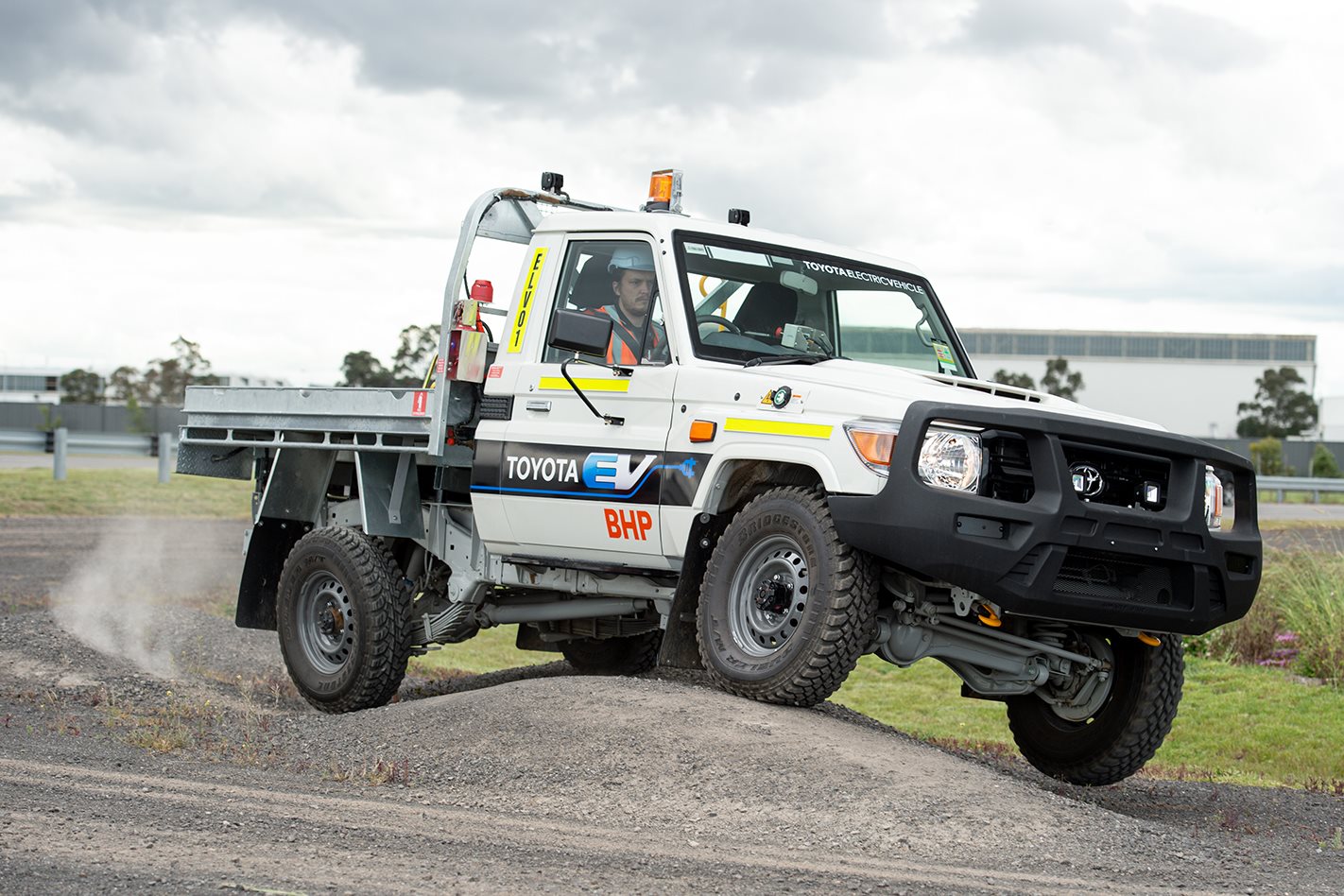
“The point is this: Carbon is the enemy here, not the powertrain. We are a full supporter of some mandate or legislation around CO2 [targets]… The debate is not about if you get to a carbon neutral position but how. Toyota is not opposed to battery-electric vehicles at all”, Mr Hanley said.
We recommend
-
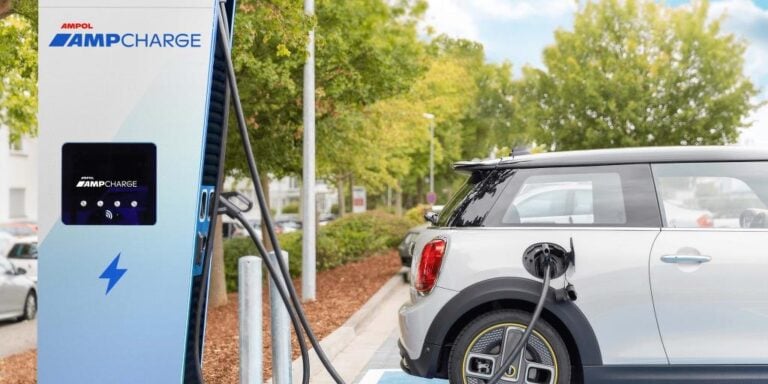 News
NewsFederal Government launches consultation on EV strategy
Australia can't afford to go at the pace other countries did, leaders say, we're already too far behind the curve
-
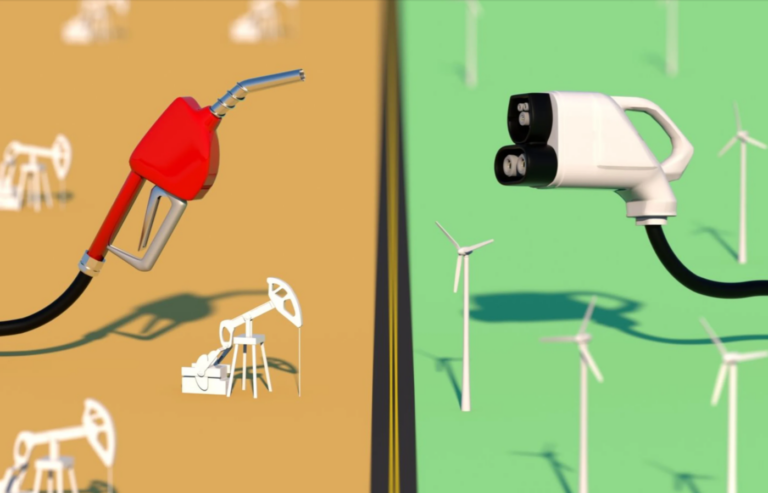 News
NewsCar industry defends itself against 'anti-EV' allegations – automakers divided
Peak industry body says it has long been honest about wanting an emissions target rather than a technology specific target
-
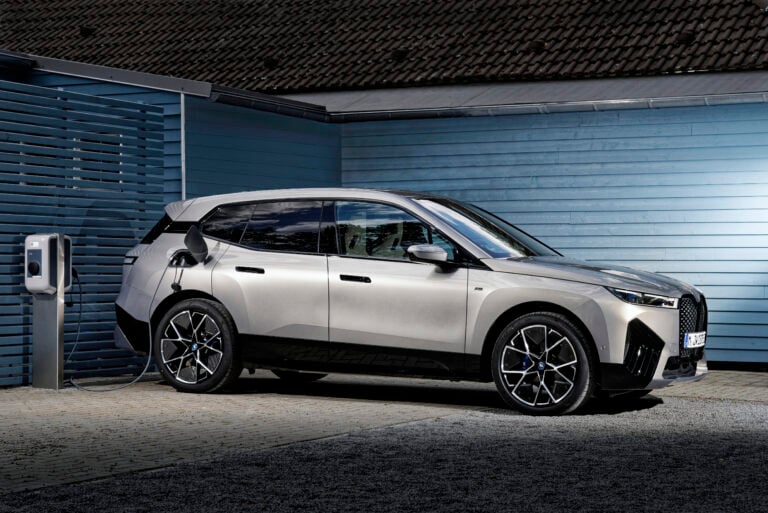 Advice
AdviceEV Guide: Your Electric Car questions answered
EVs are still such a new concept that there's simply no such thing as a silly question.


